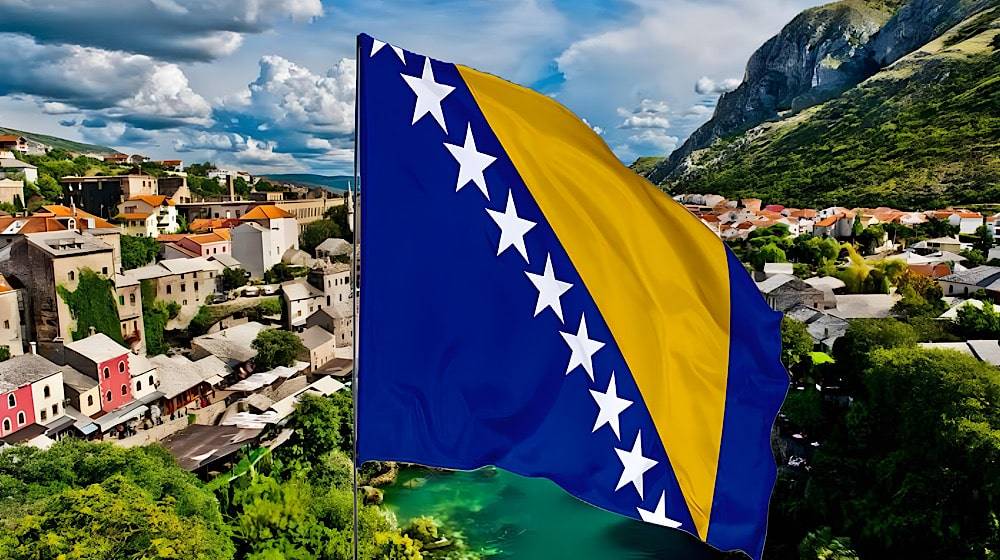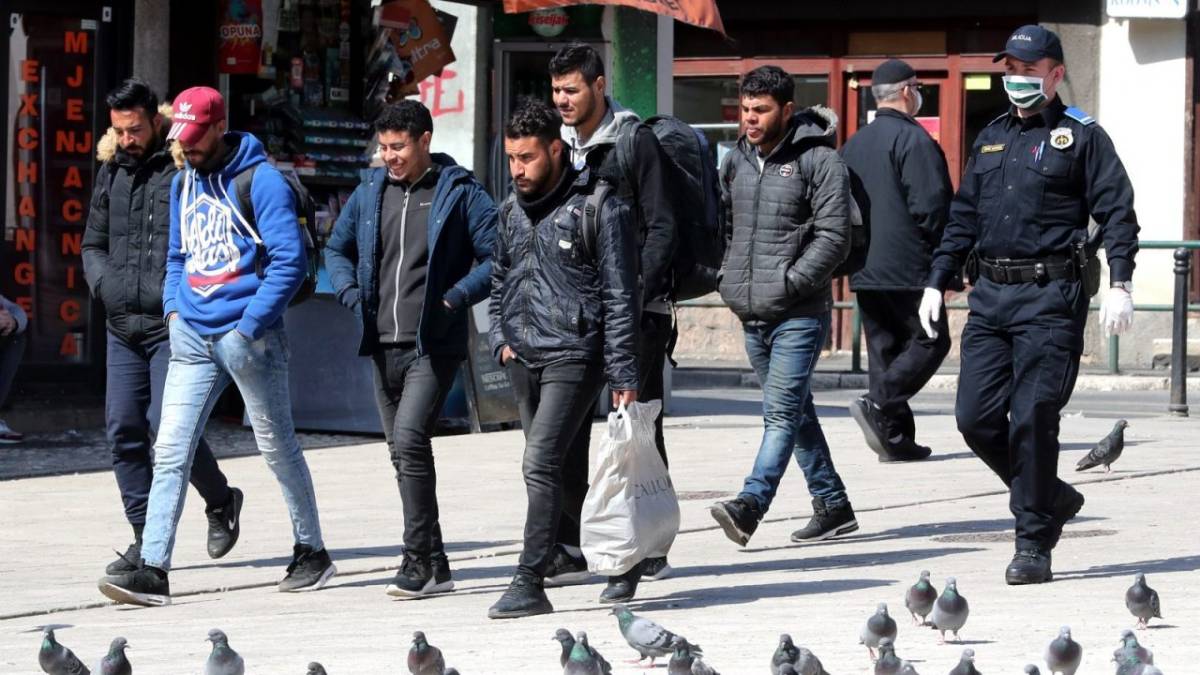39 Pakistani workers' visa revoked in Bosnia
The country warns that migrants who reach the country on work visas and use Croatia as a transit country to reach other EU states will have their permits revoked.

Islamabad: In a sweeping move against visa misuse, Bosnia and Herzegovina (BiH) has revoked the work permits of 39 Pakistani nationals. The Service for Foreigners’ Affairs (SFA) uncovered that these workers exploited their BiH visas to travel to Croatia and other EU nations, including the Schengen area.
Cracking down on visa misuse
BiH is on a mission to attract skilled workers from Bangladesh, Pakistan, and Nepal to fill local job shortages. However, some migrants have used their BiH work permits as a stepping stone into the broader EU, prompting this decisive action.

Navigating work visa rules
To legally work in BiH, foreign nationals must first secure a visa to enter the country, and then apply for a work permit through local Employment Service offices. Employers handle permit applications, which are initially valid for one year and can be renewed.
Authorities in BiH have warned that migrants reaching the country on work visas who irregularly go to Croatia and from then to other EU countries will have their permits canceled.
According to police agencies, irregular migrants pay significant amounts of money to intermediaries or employers to provide them with work permits and visas for legal entry into BiH.
The service urges employers to permit entry only to internationals who seek to reach the country through authorised agencies, warning that on the contrary, they will have to pay the costs of accommodation in the immigration centre deportation from Bosnia and Herzegovina.
Booming numbers and labour gaps
BiH issued 3,230 work permits in the first half of 2023. According to the UNIDAD Employment Agency, around 3,500 permits were granted in the first 11 months of the year, not including those working under specific conditions without official permits.
Since 2020, the number of foreign workers in BiH has doubled, though it still lags behind Croatia’s 140,000. The most urgent labor shortages in BiH are in manufacturing, catering, and construction, with many workers hailing from Serbia, Bangladesh, Nepal, and Kuwait.